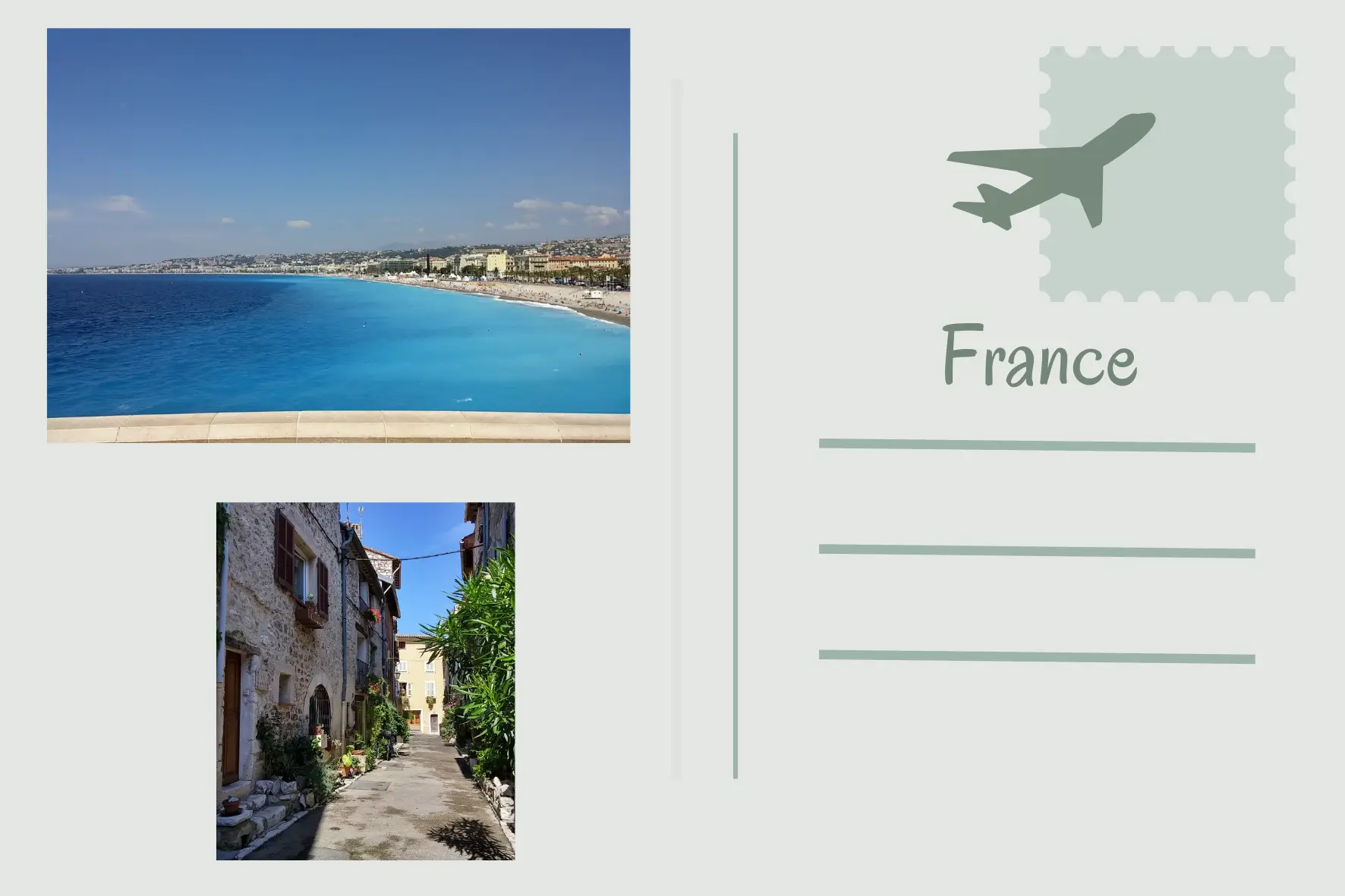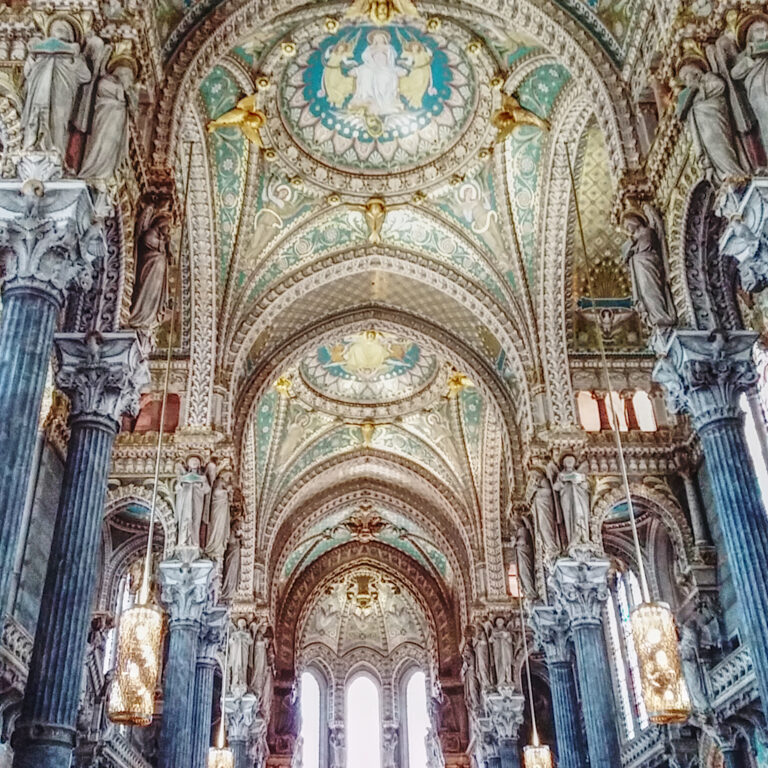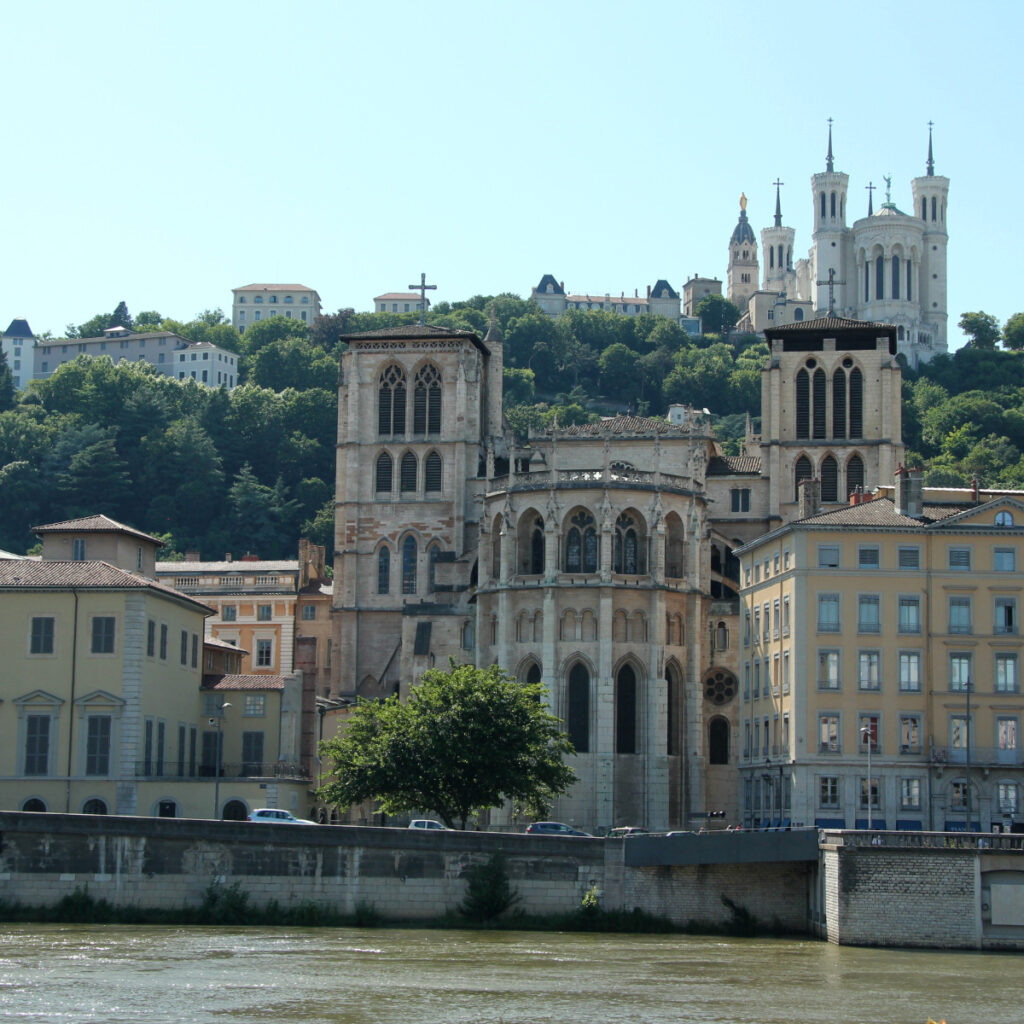France

France is a treasure trove of rich culture and history, offering abundant sightseeing opportunities that any tourist would be eager to include in their itinerary.
From the iconic Eiffel Tower and the grand Arc de Triomphe in Paris to the serene beaches of the French Riviera in the south, France offers a diverse range of experiences that will leave any tourist excited and intrigued.
World-renowned museums such as the Louvre, the Musée d’Orsay, and the majestic Palace of Versailles are available for those interested in art and architecture.
Wine lovers can explore the vineyards of Bordeaux or the Champagne region, while foodies can indulge in rich and delicious French cuisine in charming cafes and restaurants.
France is also home to smaller towns and villages, each with unique charm and history, like the picturesque Annecy and the enchanting Colmar. With so much to see and do, France is a destination that will leave any tourist curious and eager to explore
Keep In Mind

The best time to visit France is during its shoulder seasons—from April to June and September to November! During this time, you’ll encounter fewer tourists and have an easier time finding cheap flights from the US, and hotels typically lower their rates.
If you plan to visit France over the summer months, from June to August, reserve your accommodation well in advance. It’s the busiest time of year for the country, especially in Paris and Cannes.
What To Expect
Language: The official language in France is French.
Currency: The currency in France is the Euro. The cost of living in France can be higher than in some other European countries, so it’s important to budget accordingly.
Credit Cards and ATMs: France is well-equipped with international Visa and MasterCard acceptance. While American Express may not be as widely accepted, you can easily find ATMs for your cash needs.
Plugs: The plugs in France are Type C and E. The standard voltage is 230 V, and the standard frequency is 50Hz. I recommend buying a universal adapter (ensure it has surge protection) and using a converter for hair dryers and hot tools.
Safety: France is generally safe and has measures in place to ensure your safety. However, it’s essential to be aware of common tourist scams and watch for pickpockets, especially in bustling areas like Paris.
Temperature: The ideal time to plan a trip to France would be from April through June or September to November. During this period, you will experience fewer crowds of tourists and a relatively moderate climate.
Public Transportation: France has an extensive and efficient public transportation system, including trains, buses, and the Paris Metro. This can be a convenient and cost-effective way to get around, especially in larger cities like Paris. On the other hand, the summer months, from June to August, are the most hectic times of the year in the country, particularly in Paris and Cannes.
**System for registering non-EU nationals travelling for a short stay in 29 European countries(starting in the second half of 2024)
10 -Fun Facts About France!!
OOH !! Lala
1* France is the largest country in the EU and is sometimes called the Hexagon
2* France is the world’s most popular tourist destination
3 French was the official language of England for about 300 years
4* Europe’s highest mountain is Mont Blanc in the French Alps
5*. French gastronomy was awarded UNESCO World Heritage Status in 2010
6* France produced the most expensive bottle of wine in the world
7*. Turning a baguette upside down is seen as unlucky in France
8* French law forbids couples from kissing on train platforms
9* Paris Gare du Nord is Europe’s busiest railway station
10* The French rail network is the second largest in Europe and ninth most extensive in the world

